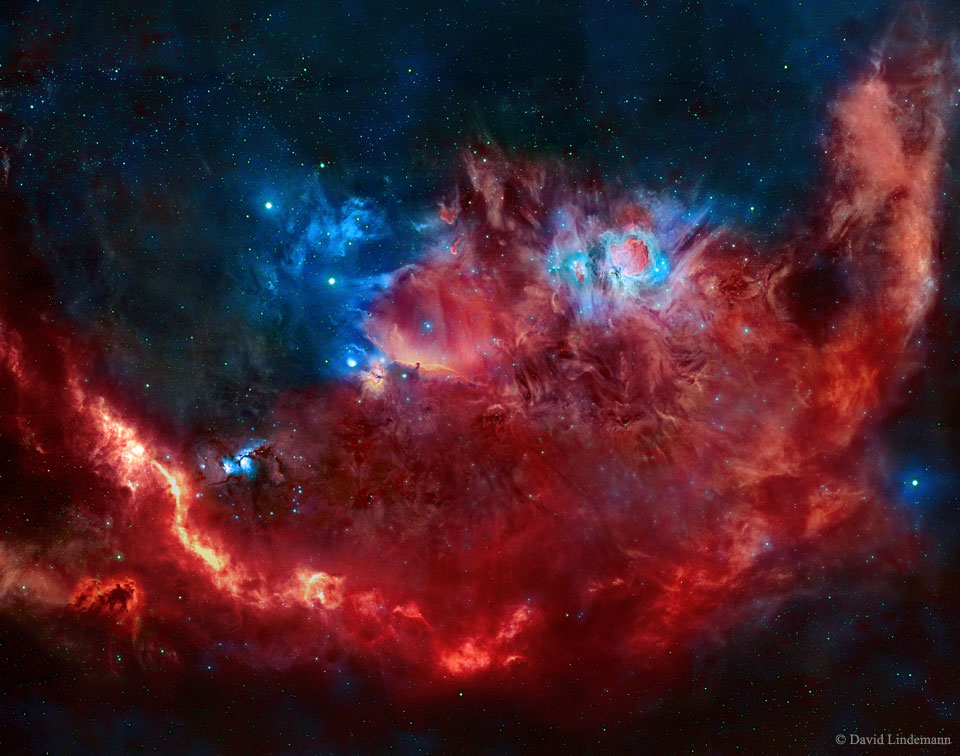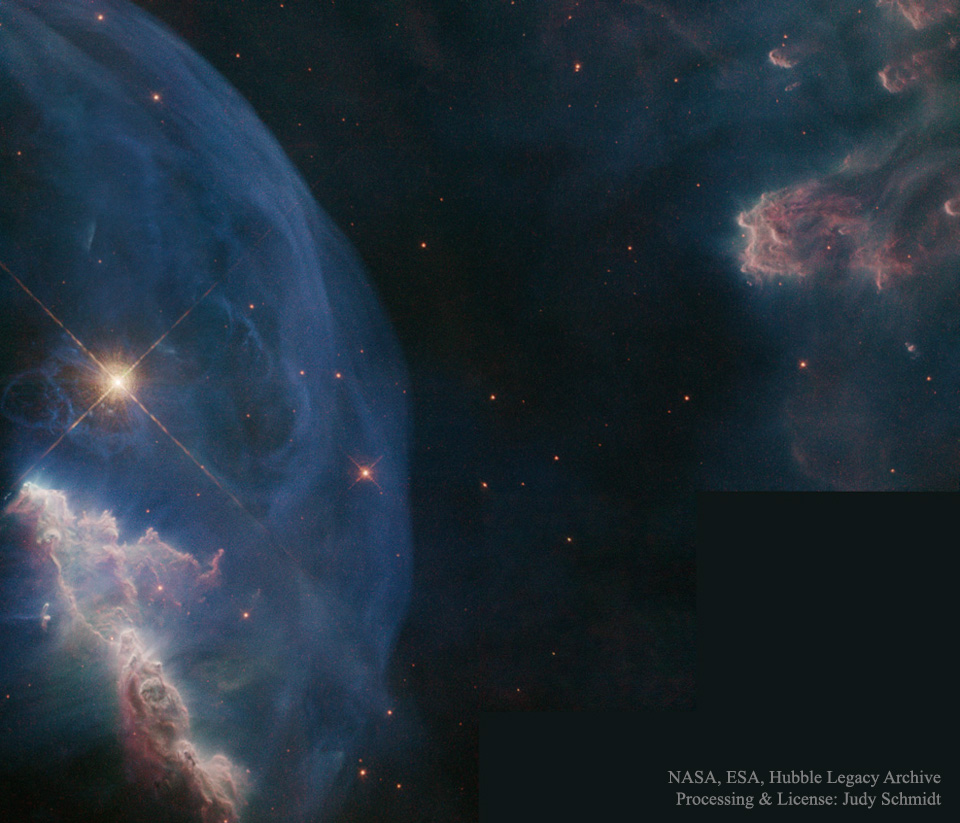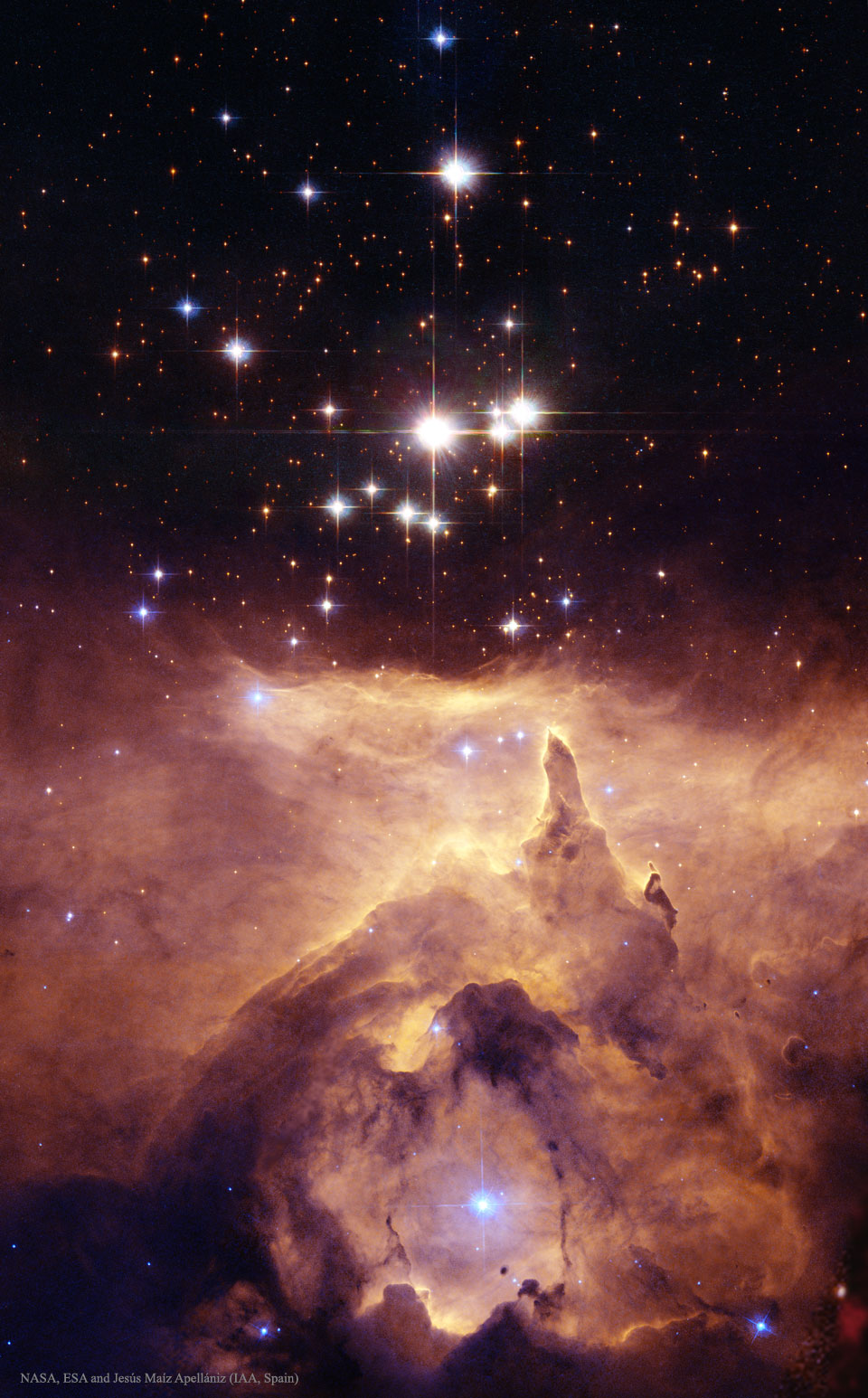Não gosto que no meio de um argumento, onde eu seja uma das partes, surja o recurso ao "neoliberalismo" - como sou economista, isso assume, objetivamente, o caráter de um epíteto, de um insulto, de castigo por aquilo que eu penso de menos alinhado em relação à conventional wisdom da esquerda alinhada com a geringonça - é assim que me sinto; não dou parte do sentimento, mas ele aí está, como está a irritação com o que isso revela de estreiteza de visão e de falta de conhecimento. E estreiteza de visão e falta de conhecimento estão associadas a tomadas de posição ideológicas primárias. E na verdade, acontece, se existe uma ideologia neoliberal, existe, igualmente, uma ideologia anti-neoliberal.
Um exemplo ilustra bem as duas linhas - o da denominada austeridade. Um economista inglês, de esquerda, anti-austeritário, há muito pouco tempo, lembrava que austeridade não é um programa de política económica, mas a consequência de uma política económica, corretamente, denominada de consolidação orçamental - essa política, em dados momentos e em dadas circunstâncias, tem de ser aplicada, embora com o resultado desagradável da austeridade. O que faz deste economista, de esquerda, um anti-austeritário, é que ele considera que a conjuntura económica mundial exigiria, neste momento, um programa de política económico, que vamos designar, para simplificar, de keynesiano, de estímulo orçamental, e que o esforço de consolidação orçamental, só deveria ocorrer, muito depois, noutra conjuntura, com a economia mundial a singrar, normalmente, fora do buraco. Na sua leitura (e de muitos economistas, incluindo, este vosso criado), os EUA, o Reino Unido, a Alemanha, etc., seguiram, e seguem, políticas de consolidação orçamental, a destempo e inapropriadas (no caso dos EUA, de modo mais específico, e menos direto). A razão para que isso tenha vindo a suceder, desdobra-se num conjunto alargado de causas, mas a ideologia neoliberal (e a sua variante alemão, o ordoliberalismo) fornece grande parte do acicate, da defesa teórica e da validação da linha seguida.
No entretanto, o mesmo economista, de esquerda, anti-austeritário (e todos os outros, incluindo, este vosso criado) excetua da sua reprovação da política económica seguida, generalizadamente, os países da periferia sul da Europa que terão de continuar o seu programa de consolidação orçamental pelo facto de pertencerem a uma união monetária, e só por essa via serem capazes de readquirem competitividade. É óbvio que esse esforço, com consequências austeritárias, seria atenuado se os países que o podem fazer, nomeadamente, a Alemanha, fizessem a tal política a contrário, uma política expansionista. Aqui haveria, numa análise mais fina, haveria lugar a muitas qualificações (por exemplo, eu não duvido que uma política de consolidação orçamental teria sido necessária, face à situação a que se chegou, mesmo que não estivéssemos na UEM - isto é a política de desvalorização nominal podendo dar uma ajuda, nunca seria só por si suficiente). Negar esta necessidade, é um exemplo da ideologia económica dominante em Portugal, nesta conjuntura política, a ideologia anti-neoliberal, que é restringida nos seus potenciais efeitos desastrosos pelos compromissos europeus.
O que se segue, é o exemplo da prevalência dessa ideologia, na ausência de quaisquer entraves: é o caso da Venezuela, mas poderiam ser chamados à colação muitos outros exemplos
Declaração de interesse: ... e para que não haja dúvidas, porque sou um economista assim-assim, sabendo com alguma precisão o muito que não sei sobre a área de conhecimento em causa , não sou, ideologicamente, nem neoliberal nem anti-neoliberal - não que não esteja em curso um projeto para saber os contornos e a designação da minha ideologia: o trabalho começou há muitas décadas, e não promete estar concluído nas próximas quarto décadas (desconfio que seria necessário mais tempo).











